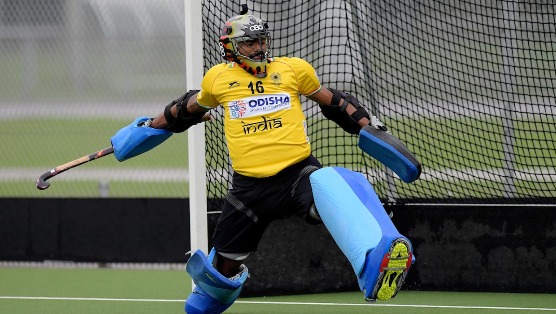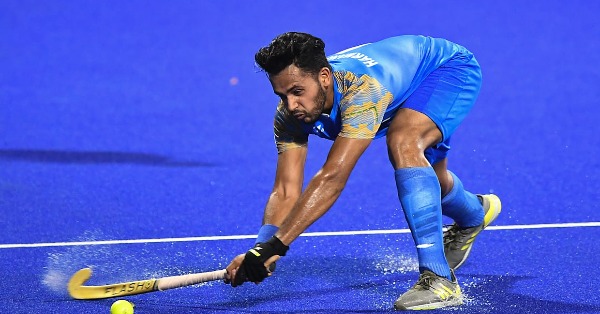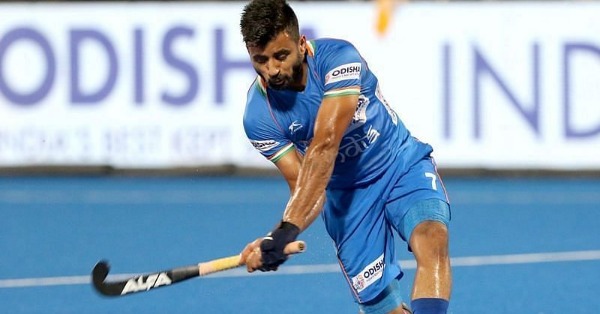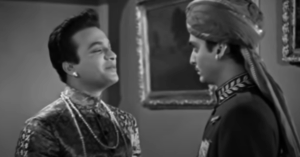August 1-2, 2021 — India’s hockey campaign at the Tokyo Olympics will be defined by the result of their match on either of those dates. That is when the quarterfinals are scheduled and on it hinges India’s medal fortunes. But let’s not look so far ahead and start at the beginning. The campaign and preparation for India’s hockey campaign at the Olympics was severely impaired by the second wave of the Covid-19 pandemic. The bilateral warm-up series and other tournaments that take place in the months leading up to the Olympics have all been disrupted this year, which means that preparation and match readiness will not be ideal.
However, India coach Graham Reid and his team would know that every team in the competition would have identical challenges. The pandemic has been absolutely fair in the way it has disrupted and challenged all sportsmen across the globe. Reid would also know that he has one of the best Indian teams in recent history and there is a chance that a medal is within grasp. Admittedly it is a young team with 10 of the 16 players making their Olympics debut but it is also a very fit team with a strong defence and dependable short corner specialists.
The team has only one goalkeeper, Sreejesh, and that seems risky, at least on paper. However, Reid seems to have a plan and this gives him more flexibility in combinations.

The current format at the Olympics divides the team into two groups of six teams. The top four make it to the quarterfinals, and India should make it that far. Their group comprises Australia, New Zealand, Japan, Argentina and Spain, so hopefully India will not have too much trouble getting into the final eight.
The other group with Netherlands, Great Britain, Belgium and Germany, among others, is a tough one, and I think at least two of the medal winners will be from that group.

I am not worried about the impact of playing in empty stadiums because this remains the Olympics and after the first few minutes, every professional player gets ‘into the zone’ and forgets external factors. Crucially, it will help in communication with teammates and that is something that could impact the quality of play across teams.
The Covid situation will rob ‘Village life’ of some colour at the Olympics, but it is important for players to embrace this global flavour that is so unique to the Games.
For me personally, seeing strapping athletes from across the globe is my abiding memory of the two Olympics I was part of — Moscow 1980 and Los Angeles 1984. The bonhomie and the exposure make a young sportsman realise the value of sport and sporting ties.
India won its last hockey gold in the Moscow Olympics, which is a special memory for each of the players in the squad. However, I have an equally vivid memory of the bitter disappointment in 1984, where I missed a goal against West Germany. The ball ricocheted off the goalpost and with it India’s hopes of making the semis were dashed. Even after my playing days I have memories of the heartbreak that India faced in the Sydney Olympics in 2000, where Poland’s goal seconds before the final whistle put paid to India’s hopes of qualifying.

India’s hockey performance is always scrutinised in the Olympics, and this has led to heartbreak in the last four decades. That will hopefully change under Manpreet Singh’s captaincy. Playing in his third Olympics, the midfielder leads a field that has talented players. Harmanpreet Singh is one of the best drag flick specialists and we have a good mix of youth and talent in this side. India did make the quarters in the last World Cup, and have been beating higher ranked teams in tournaments that were played before the pandemic. If we play to that level at Tokyo, a podium finish is not impossible. India’s hockey fans can dare to dream this time.
(Zafar Iqbal was the captain of the Indian hockey team, and was part of the team that won gold at the Moscow Olympics in 1980)




